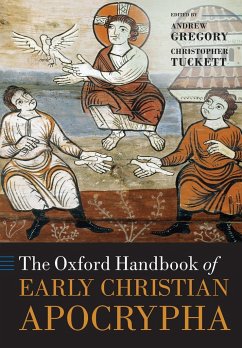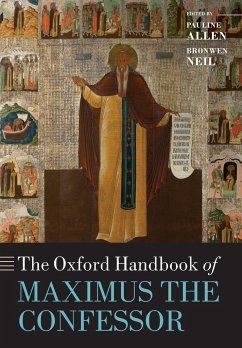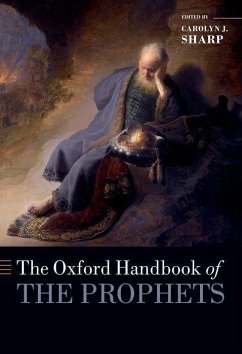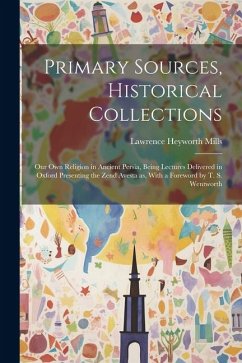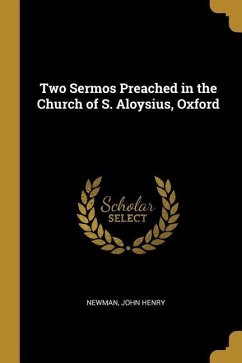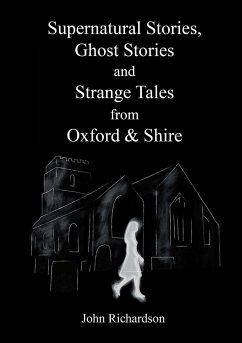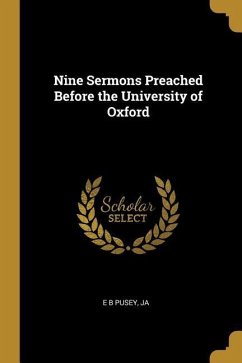
Broschiertes Buch
The Oxford Handbook of the Study of Religion
Versandkostenfrei!
Versandfertig in 1-2 Wochen

PAYBACK Punkte
31 °P sammeln!




This volume provides a comprehensive overview of the academic study of religion. Written by an international team of leading scholars, its fifty-one chapters will advance the state of the discipline and is an invaluable reference for students and scholars.
Michael Stausberg is Professor of Religion at the University of Bergen. He was formerly a fellow at the Max Weber Center for Advanced Cultual and Social Studies and is a member of the Norwegian Academy of Science and Letters. His previous publications include Contemporary Theories of Religion: A Critical Companion (Routledge, 2009), Religion and Tourism: Crossroads, Destinations and Encounters (Routledge, 2010), and Zarathustra and Zoroastrianism (Equinox, 2008). He is co-editor of The Wiley Blackwell Companion to Zoroastrianism (with Yuhan Sohrab-Dinshaw Vevaina; Wiley Blackwell, 2015) and The Routledge Handbook of Research Methods in the Study of Religion (with Steven Engler; Routledge, 2013). Steven Engler is Professor of Religious Studies at Mount Royal University in Calgary. He is Professor Colaborador in the Programa de Estudos Pós-Graduados em Ciências da Religião at the Pontifícia Universidade Católica de São Paulo and Affiliate Professor with the Department of Religion, Concordia University, Montréal. He is the co-editor of Historicizing Tradition in the Study of Religion (with Gregory Price Grieve; De Gruyter, 2005).
Produktdetails
- Verlag: OUP Oxford
- Seitenzahl: 882
- Erscheinungstermin: 20. September 2018
- Englisch
- Abmessung: 244mm x 170mm x 47mm
- Gewicht: 1489g
- ISBN-13: 9780198729587
- ISBN-10: 0198729588
- Artikelnr.: 52819718
Herstellerkennzeichnung
Libri GmbH
Europaallee 1
36244 Bad Hersfeld
gpsr@libri.de
Für dieses Produkt wurde noch keine Bewertung abgegeben. Wir würden uns sehr freuen, wenn du die erste Bewertung schreibst!
Eine Bewertung schreiben
Eine Bewertung schreiben
Andere Kunden interessierten sich für


